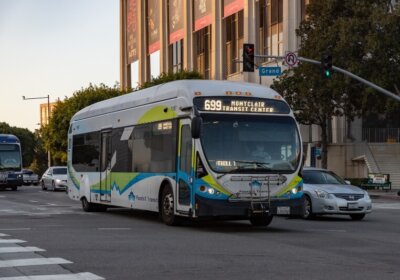Trump’s Call for Infrastructure Rebuilding – A Progressive Opportunity or A Visionary Impossibility?

In his most recent State of the Union Address, President Trump called upon Congress to get a $1.5 trillion infrastructure bill underway in hopes of breathing life back into one of his campaign promises. The president’s infrastructure rebuilding plan is expected to be a major component of his administration’s 2018 agenda, seeking to meet two major goals:
The rebuilding of US infrastructure and the speeding up of permit approval processes.
Critics say that Trump’s proposal lacked significant policy details, such as how exactly the $1.5 trillion budget will be spent and how the White House should pay for the package should the bill materialize. The president, however, didn’t waste the opportunity to sell the idea to both the public and the lawmakers, seeing as how the campaign promise has been consistently sidetracked by other GOP priorities like health care and taxes. Trump had initially promised to initiate a plan to rebuild the nation’s roads, bridges, transport depots, and other public works early in his term in office.
Capitol Hill expects more comprehensive legislative principles in the next few weeks. Talks about a plan amounting to at least $1.7 trillion have been passed around, with local governments and the private sector likely to be picking up the larger part of the tab. The administration’s plan would take $200 billion in federal funding and use it to raise at least a trillion dollars worth of infrastructure investment, mainly by offering incentives to local governments and those in the private sector who agree to back transportation projects.
A leaked draft of the administration’s plan that surfaced several weeks ago stated that 50 percent of the funding would be allotted to the incentive program, which will reward cities and states that raise revenue for infrastructure. The plan would also loosen federal restrictions on tolling and remove limitations on public/private transit system partnerships.
Trump said during his speech that the proposal would be paired with permit reform to significantly reduce regulatory roadblocks and shrink down the construction approval process to no longer than one to two years.
We are all anxiously awaiting the final plan. Stay tuned…


